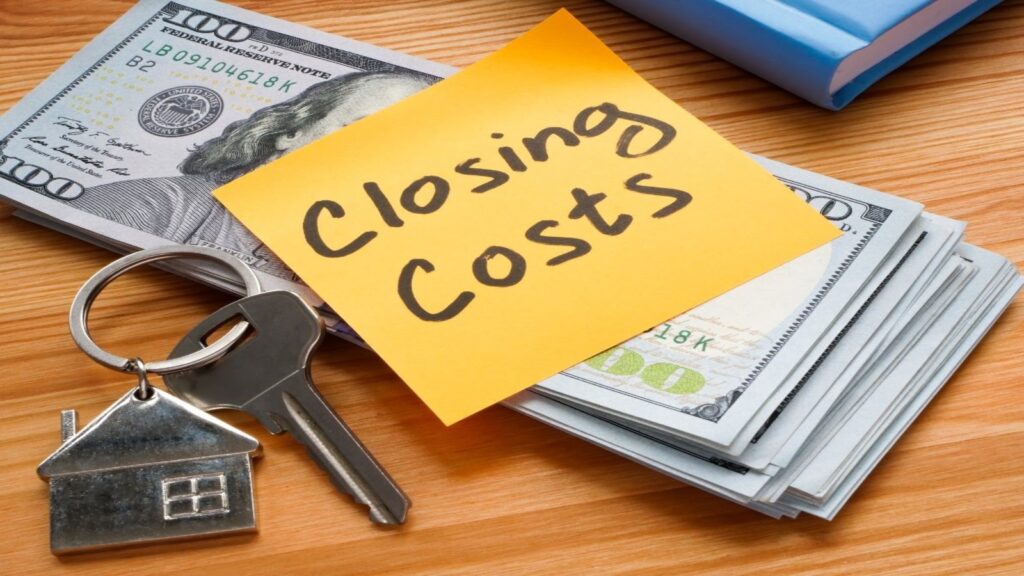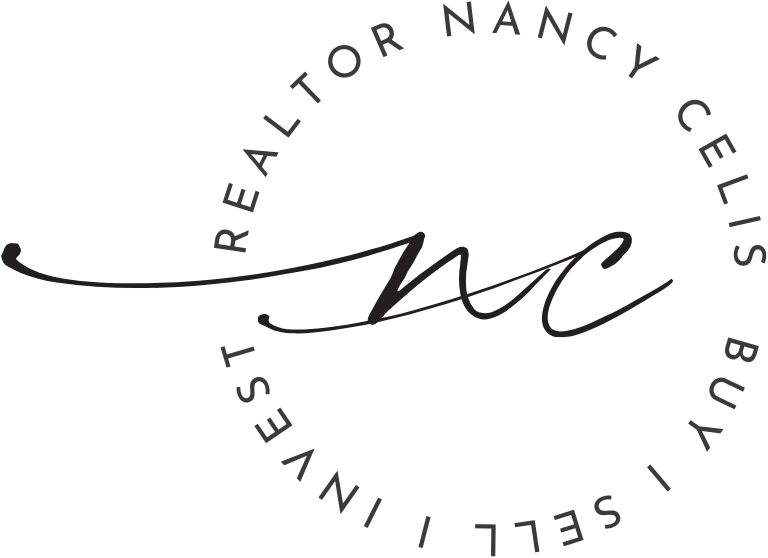Purchasing a home is an exciting milestone, but it comes with financial considerations beyond the sticker price. While the sale price of a property is the most obvious expense, many additional costs can catch buyers off guard. Being well-prepared ensures a smoother transition into homeownership and protects financial stability in the long run. Understanding these costs, from upfront expenses to recurring obligations, is key to making an informed decision.

The Down Payment and Its Impact on Your Budget
The down payment is one of the largest upfront expenses in a home purchase. Typically, this amount ranges from 3% to 20% of the home’s purchase price, depending on the type of mortgage and lender requirements. A higher down payment can reduce monthly mortgage payments and eliminate the need for private mortgage insurance (PMI), which is required for loans with less than 20% equity.
Saving for a down payment often takes years of planning and budgeting. Buyers should consider their financial flexibility and determine how much they can allocate without jeopardizing their emergency fund or other savings goals. Additionally, some programs offer down payment assistance for first-time buyers, potentially easing the financial burden.
It’s also important to account for the timing of your down payment, as this amount is typically required at closing. Ensuring these funds are readily available in liquid accounts can prevent delays in the transaction. Buyers should balance affordability with long-term financial goals when deciding how much to contribute upfront.
Understanding the relationship between your down payment and future monthly payments helps you make informed choices that align with your budget and financial priorities. A carefully planned down payment is a strong foundation for your homeownership journey.
Closing Costs and Hidden Fees to Expect
Closing costs are another significant expense that can surprise first-time buyers. These fees typically range from 2% to 5% of the home’s purchase price and include various charges associated with finalizing the transaction. Buyers should budget for these costs to avoid unexpected financial strain.
Some common components of closing costs include loan origination fees, appraisal fees, title insurance, and attorney fees. Each of these is essential to completing the purchase and ensuring the property’s legal and financial integrity. Additionally, prepaid expenses such as property taxes and homeowners’ insurance are often collected at closing, adding to the overall cost.
Buyers may also encounter other fees, such as home inspection costs, survey fees, and transfer taxes. These vary by location and property type but are crucial for ensuring that the property is in good condition and legally transferable. Negotiating seller concessions, where the seller agrees to cover some or all of these costs, can help alleviate the financial burden, although this is not always possible in competitive markets.
A few days before closing, the closing disclosure is carefully reviewed. This allows buyers to verify all charges and ask questions if necessary. Being prepared for these expenses ensures a smoother transition and helps you avoid surprises as you finalize your purchase.
Understanding Mortgage Costs and Interest Rates
The monthly mortgage payment is often the most significant ongoing cost of homeownership. This payment includes the loan principal, interest, taxes, and insurance, commonly referred to as PITI. Each component determines the total monthly expense, and understanding these elements can help buyers plan their budgets effectively.
Interest rates are a critical factor in determining the overall cost of your mortgage. Even a small difference in interest rates can significantly impact your monthly payments and the total amount paid over the life of the loan. Buyers should shop around for competitive rates and consider locking in a rate if favorable terms are available.
Private mortgage insurance (PMI) is another cost to factor in if your down payment is less than 20%. This fee protects the lender in case of default and is typically included in your monthly payment. While it can be removed once you reach sufficient equity, it adds to your upfront costs as you begin your mortgage journey.
Beyond the monthly payments, buyers should also be aware of potential rate adjustments for variable-rate mortgages or other loan terms that may change over time. Consulting with a mortgage professional can help you understand your options and choose a loan structure that fits your financial goals.
Property Taxes and Homeowners Insurance
Property taxes and homeowners’ insurance are integral parts of homeownership, often included in your monthly mortgage payment. These costs vary significantly by location and property value, making them important factors to consider when budgeting for a home.
Property taxes are typically assessed annually based on the value of your property and local tax rates. They fund essential services such as schools, roads, and public safety. Buyers should research the tax rates in the area where they plan to buy, as these can influence affordability. In some cases, properties in the same area may have different tax assessments, so it’s wise to investigate thoroughly.
Homeowners insurance protects your investment against risks such as fire, theft, or natural disasters. Lenders require this coverage to secure their interest in the property, but the level of coverage and premium costs vary. Buyers should shop for insurance policies that balance comprehensive coverage with affordability.
Depending on local risks, some areas may also require additional policies, such as flood or earthquake insurance. These add to the overall cost but provide crucial protection against specific hazards. Budgeting for these recurring expenses ensures that you can meet your obligations without strain.
Utility Costs and Home Maintenance
Owning a home comes with recurring costs that renters may not encounter, such as utilities and maintenance. While these expenses vary depending on the property’s size, location, and efficiency, they are crucial to consider when calculating the true cost of homeownership.
Utility costs include electricity, gas, water, and trash services. Older or larger homes may require more energy, while newer, more energy-efficient properties may help reduce these expenses. Reviewing past utility bills, if available, can provide a clearer picture of what to expect.
Home maintenance involves both routine tasks and unexpected repairs. A common guideline is to budget 1% to 3% of the home’s value annually for maintenance. This fund covers everything from replacing HVAC filters to addressing larger issues like roof repairs or plumbing emergencies.
Landscaping and exterior upkeep are additional considerations, especially for properties with extensive outdoor areas. Whether you handle maintenance yourself or hire professionals, these costs add up over time.
Planning for these ongoing expenses allows buyers to maintain their property effectively while avoiding financial stress. A proactive approach to utilities and maintenance helps protect the value of your investment.
Lifestyle Changes and Additional Costs
Buying a home often brings lifestyle changes and associated costs that can catch buyers off guard. From furnishing the space to commuting adjustments, these factors should be part of your financial planning.
Moving costs are immediate expenses that can range from a DIY approach to hiring professional movers. The distance, number of belongings, and time of year all influence the final cost. Additionally, new homeowners often need to purchase furniture, appliances, or décor to make the space feel like home.
Changes in commute times or transportation costs are another consideration, particularly if your new home is farther from work or other daily destinations. Factoring in fuel, tolls, or public transportation fees helps you assess the overall impact on your budget.
Lifestyle changes may also include community association fees for properties in developments with shared amenities or services. These costs vary widely but can include access to pools, gyms, or maintenance of common areas.
Planning for these expenses ensures that the transition to homeownership is financially manageable. It also allows you to enjoy your new space without added stress. Thoughtful preparation helps make your house comfortable and secure.
Let’s Get You into Your Dream Home
Preparing for the financial aspects of buying a home is crucial for a successful experience. Understanding and budgeting for both the obvious and hidden costs ensures that you’re ready to take the next step confidently. Reach out when you’re ready to explore your options and start your journey toward finding the perfect home.
